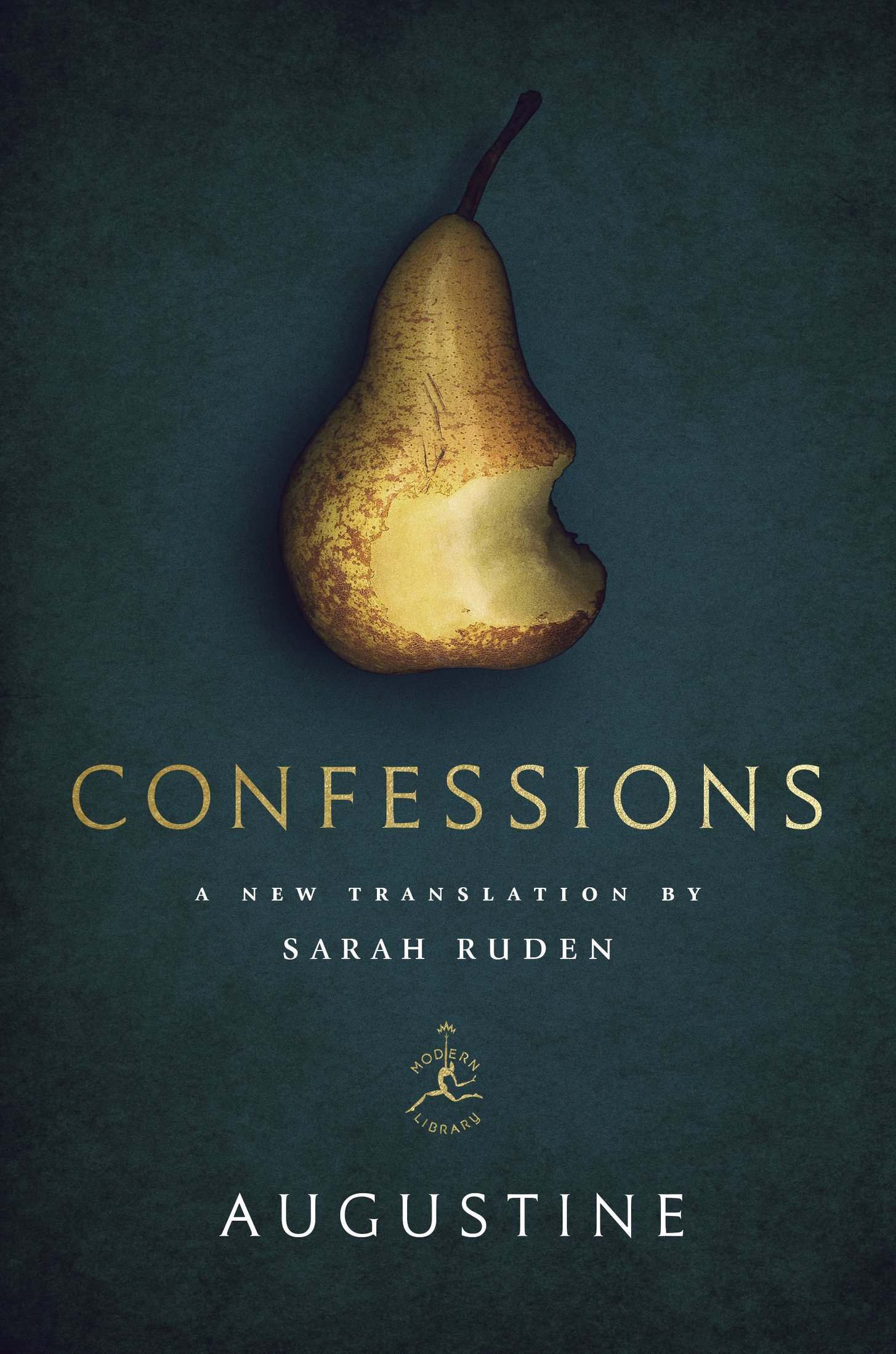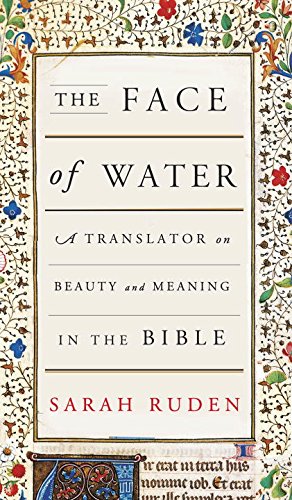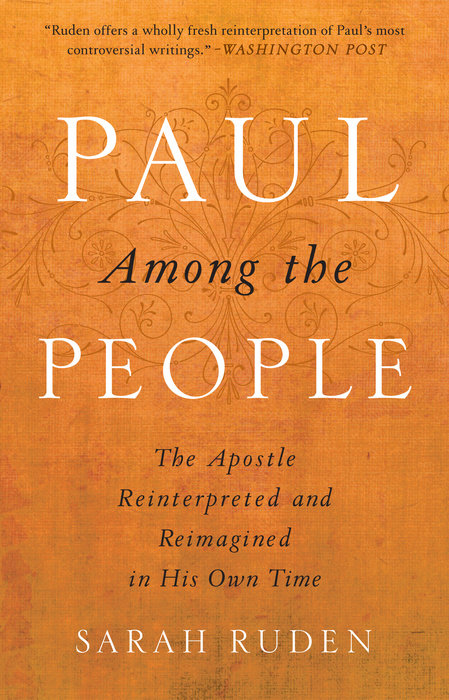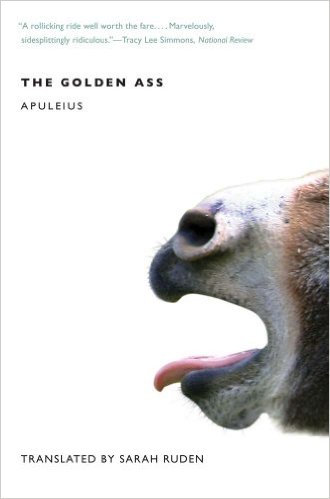
The Confessions of Augustine: A New Translation
From The Confessions of Augustine:
Everything most enticing to Augustine’s intellect is stacked on the altar, less as a combustible sacrifice than as a bundle of fireworks: the way the mind works, the very memory he relies on to write this very autobiography; time, that powerful and mysterious entity seemingly both inside and outside himself; and reading and interpreting, those psychologically fascinating, ultra-prestigious, defining acts of a Roman gentleman.
The grant jury: As the young people say: if you only read one scrupulously accurate and passionately literate new translation of St. Augustine’s Confessions, read this one. A poet, historian and political thinker, Ruden can render faith and feeling through language and metaphor. Scholarly rigor is rarely matched to language this delightful. A bad-ass independent scholar, she’s blowing the dust off of a venerable religious text and bringing us Augustine as he was in his own time, and this vigor makes a sixteen hundred-year-old book feel entirely contemporary. As well as translating a work of devotion, she seems to have enacted one.
This translation aims to be what the original work was for its readers: the witty, vivid story of a great mind that changed the world. Augustine applied the flashy but intricate, sophisticated but popular rhetorical style of his time to telling the story of his early life and later thought; he blended in freewheeling allegorical and poetic treatment of scripture, which he knew mainly from poor Latin translations of Greek and Hebrew. The result is a gorgeous literary knot. In the style itself is the substance of the hard choices Augustine made in his life. Sentence by sentence, his vocabulary, the rhetorical devices he adopts, and the balance of his phrases show the dilemmas that shaped his thinking and, through this, our own world.
Sarah Elizabeth Ruden has authored multiple books of Greek and Latin translation, as well as related works; her book The Face of Water: A Translator on Beauty and Meaning in the Bible will be published by Knopf/Pantheon in 2017. Her prose has appeared in The American Scholar, The Wall Street Journal and Books & Culture. She is the author of the poetry collection Other Places (William Waterman Publications, 1995) and her poems have appeared in the National Review, Commonweal, Agenda and other journals. She is the recipient of a 2010–2011 Guggenheim Fellowship. Ruden lives in Connecticut and is a visiting researcher at Brown University.
Selected Works



